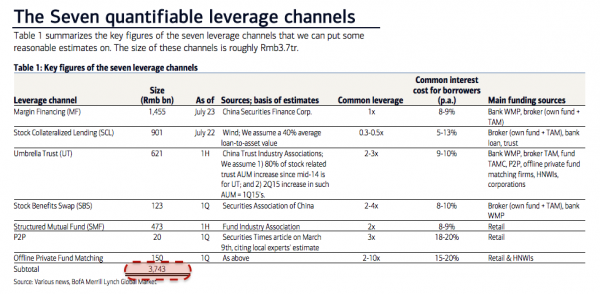There is a great article by Philip Booth over at CentreRight, on Hayek’s The Constitution of Liberty:
In essence it explains how a complex cooperative, great society can come about in an environment of freedom under the rule of law. It emphasises the importance of tradition and of limiting government discretion. Whilst Hayek might not have been a Conservative, The Constitution of Liberty, to some extent, sits at the juxtaposition of a certain strand of Conservatism and liberalism. Without question it is more “Big Society” than “Big State”. However, the work demonstrates why the Big Society should evolve spontaneously and not be created and cajoled by the government – a lesson not understood by the coalition.
A key argument is that civilisation depends on liberty and that the West has lost its belief in liberty as a guiding principle. Liberty, in turn, depends on the rule of law. But, the rule of law is not the same as enforcing the authority of the law: the rule of law involves, amongst other things, the constraints that we put on the domain of the law and on those who make and enforce the law. Governments must prevent individuals from coercing each other but, if this to be achieved, illegitimate coercion by government must be rejected.
A sophisticated and interconnected social order can then develop. People can make plans and economic and social arrangements knowing that they can achieve their legitimate ends individually and collectively. This is the lesson of economic development in nineteenth century Britain. The big society that existed then was not an accident. It would not have come about had the state used its coercive powers, as it does now, to spend half of national income and to interfere in almost all aspects of economic and social relationships.
The whole article is well worth reading.




